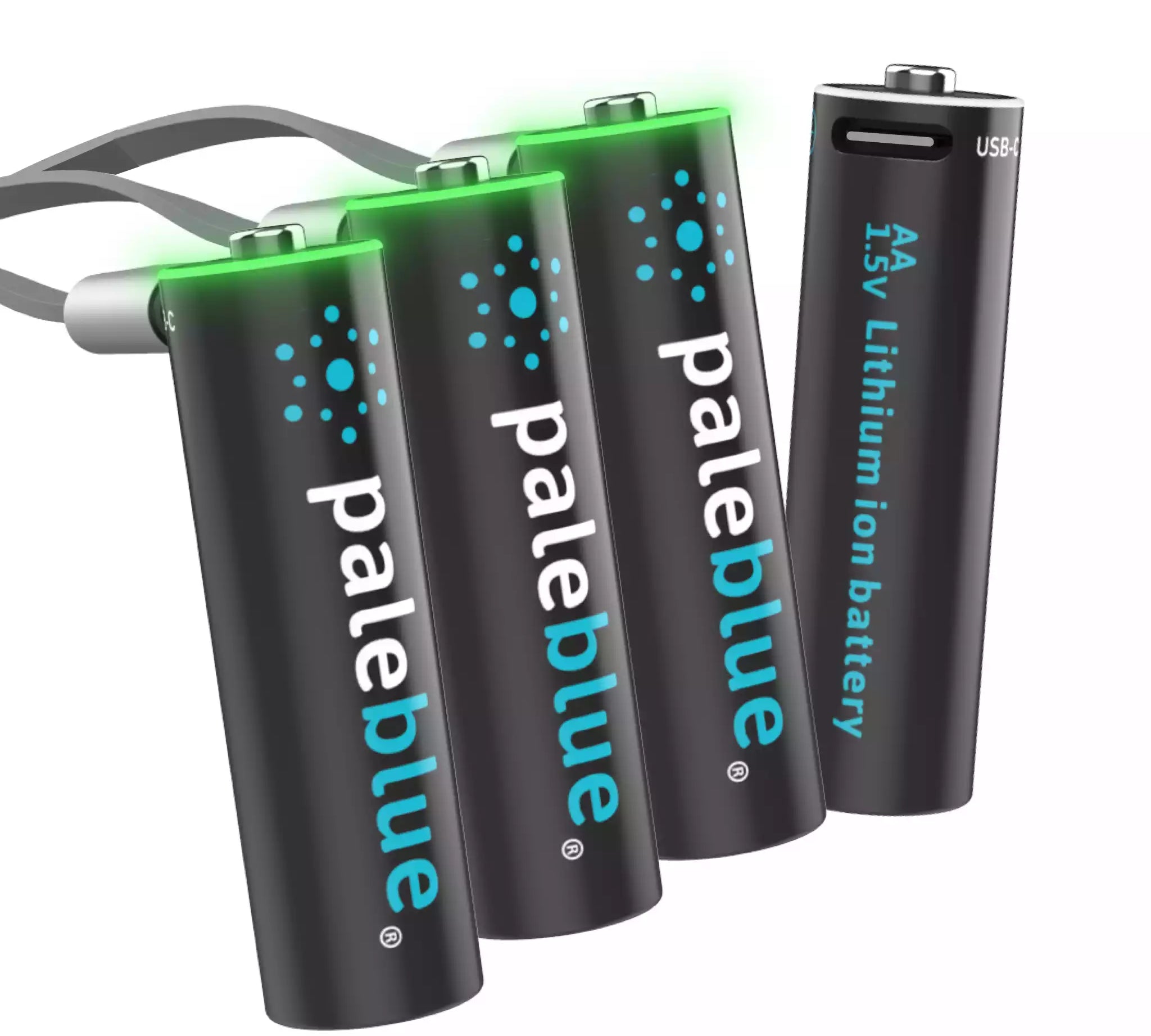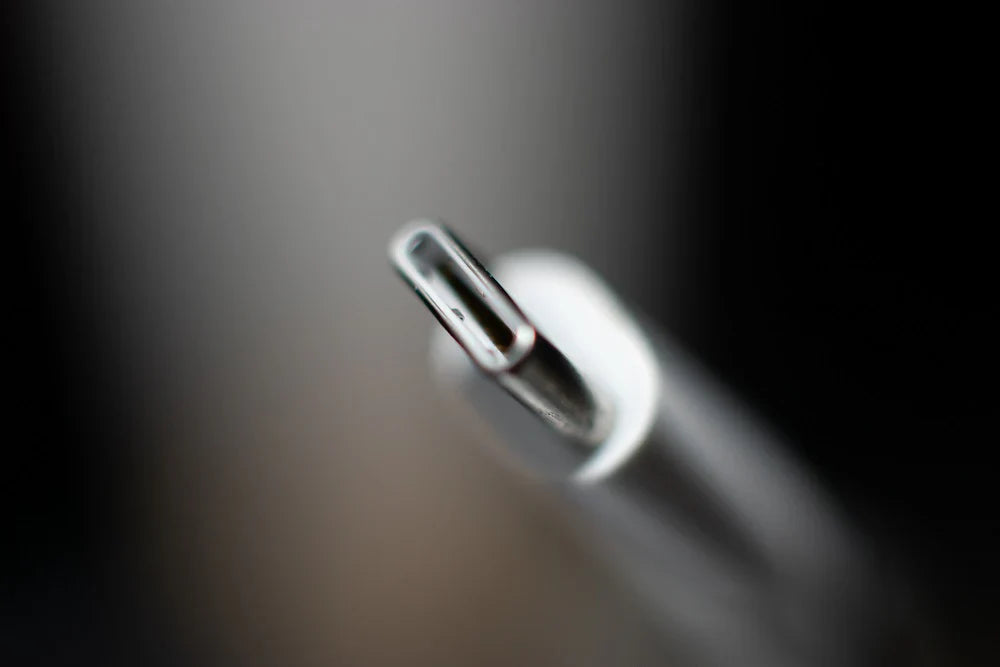Should You Replace Your NiCad Batteries with Lithium-Ion?

Replacing old, worn-out batteries with new lithium-ion cells is often discussed in the context of alkaline versus Li-ion technologies. If you read our blog posts regularly, you know we often talk about the superiority of lithium-ion USB rechargeable batteries over alkaline disposables. But what about NiCad's? Should you replace them with lithium-ion?
As a leading brand of USB (micro-USB and USB-C) rechargeable batteries, we think lithium-ion is almost always the best bet for AA, AAA, C, D, and 9V batteries. But setting aside product marketing, there are legitimate reasons to choose Li-ion over NiCad. First-generation NiCad batteries may have been the best choice way back when they were new, but that was a long time ago. Lithium-ion is much better chemistry and technology.
The Memory Problem
Both NiCad and lithium-ion batteries can be charged 1000+ times if handled, used, and maintained properly. So it's not necessarily a given that USB-C rechargeable Li-ions will last longer. However, the reason they generally do is pretty basic: NiCad batteries suffer from the well-known memory problem.
Also known as the 'memory effect', this problem is caused by a NiCad battery's internal circuitry that monitors charge level. There are times when that internal circuitry 'remembers' the power level at the point the battery was last charged. Next time the battery is used, its memory reverts to that charge level even though the cell itself is fully charged. This becomes a problem anytime a user charges up a battery that is not fully discharged. Topping off a battery with a charge is risky to the battery’s future capacity and performance.
The result is that the battery appears dead even when it is not. Here is the problem: when the internal circuitry determines the battery is dead, it cuts off the circuit. The battery will not discharge even though there is juice left in it. Lithium-ion batteries do not suffer from the memory effect. Their built-in circuitry is intentionally designed to prevent the problem altogether.
The Lazy Battery Effect
The same circuitry in NiCad batteries that allow for the memory problem can also create another problem known as the 'lazy battery effect.' This problem is known scientifically as 'voltage depression.' It occurs when a NiCad battery fully discharges extremely quickly.
NiCad batteries can suffer from the lazy battery effect after numerous episodes of overcharging. Once again though, lithium-ion batteries do not suffer from this problem because they cannot be overcharged. Internal circuitry cuts off charging when a lithium-ion battery is fully charged.
Higher Energy Density
One of the things we most appreciate about lithium-ion technology is that it offers higher energy density. Without getting too technical, Paleblue batteries can pack a lot of power despite giving up some space for the BMS and charging port. Higher energy density also means better weight to power ratio.
Incidentally, this is why car manufacturers put lithium-ion batteries in their electric vehicles. A higher energy density gives them more power in a smaller package, thereby helping to keep weight down.
Less Maintenance Required
Finally, lithium-ion batteries require less maintenance. What does that mean in terms of batteries for consumer electronics? It means that getting the most out of your batteries is a matter of storing them properly and charging them before you let them go fully dead. Do those two things and you're golden.
When you choose USB-C rechargeable batteries from Paleblue, you don't need a separate charger. All you need is the USB cable that comes in the package. Plug the cable into any standard USB outlet and you will have fully charged batteries in no time at all.
If you need to replace worn-out NiCad batteries, we encourage you to choose a lithium-ion product. It is a superior technology in almost every way. Whatever you do, don't buy any more disposable alkaline batteries.







